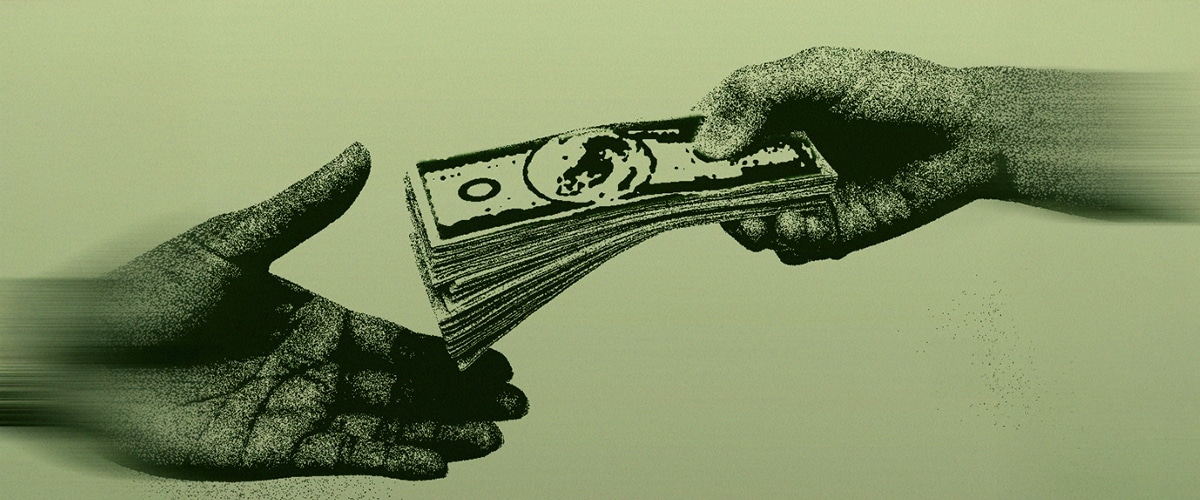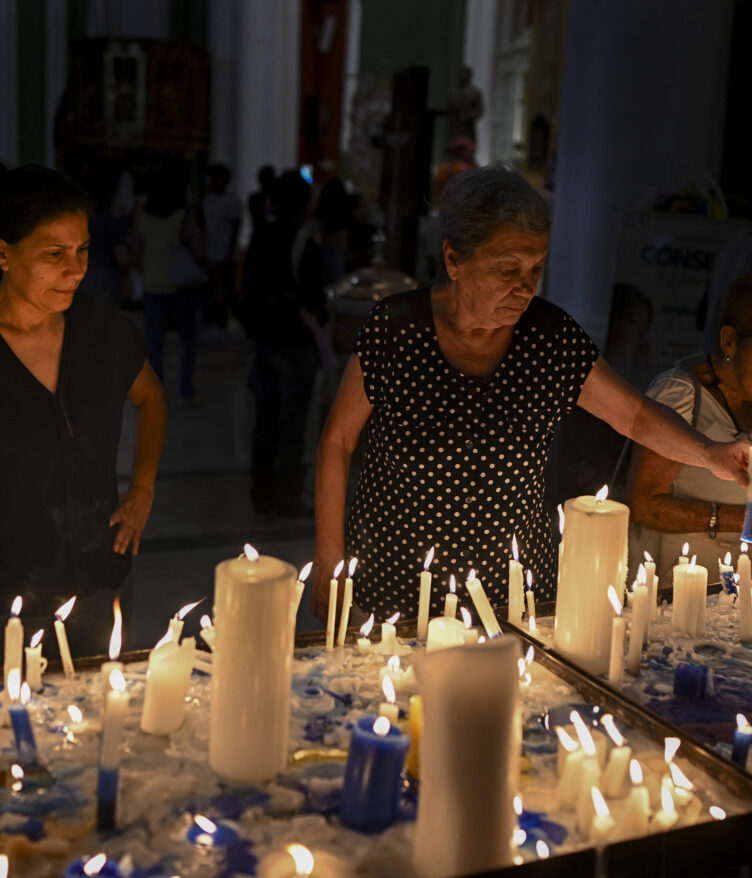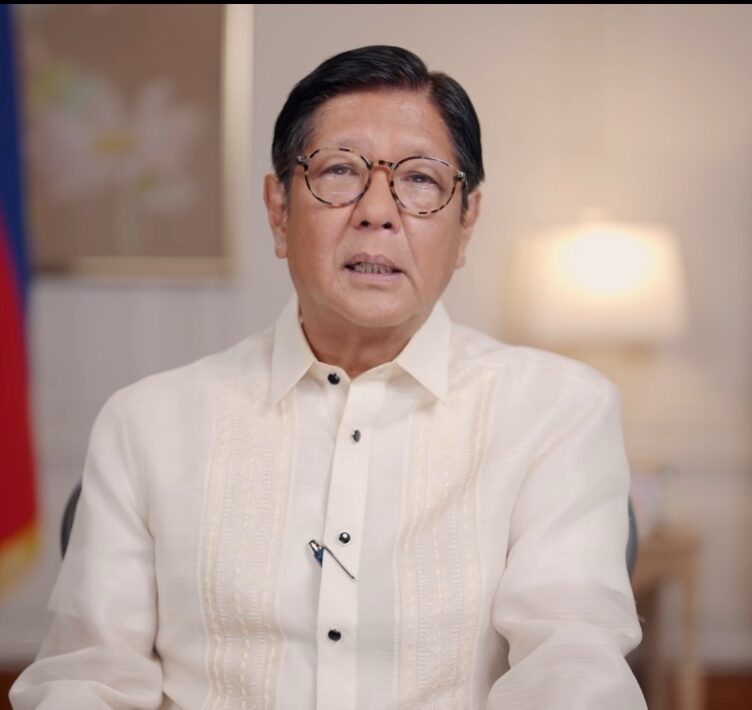Spider-Man famously said, “With great power comes great responsibility.” In the context of Philippine collegiate sports, this may easily be reinterpreted as, “With great talent comes great temptation.”
However, this temptation affects not only the athletes, but also the people and institutions surrounding them. In the high-stakes world of collegiate sports, potential has become more of a master key.
A key that can open great chances and life-changing deals. However, few people discuss how the same key might gently lock doors behind a young athlete, trapping them in an unfair system.
What starts off as a blessing—a great vertical leap, a flawless shooting stroke, or lightning speed—eventually becomes a bargaining chip. Universities are lining up not only to foster, but also to acquire such talent.
Price of Potential
A great high school athlete may move forward from neighborhood courts to national headlines in a matter of months, but every endorsement and college offer comes with a hidden cost.
Talent, as it turns out, is more than just a ticket to a brighter future. In today’s collegiate sports world, it’s also an open invitation for pressure, exploitation, and poaching, especially in powerful leagues like the UAAP and NCAA, where skill does more than just draw attention.
A once-celebrated gift can rapidly become a burden on a young athlete’s shoulders as other agendas emerge. Furthermore, the more potential they show, the more the system requires.
Quite frankly, universities/colleges today function as scouts, sponsors, and corporations all at once. Promising players are followed long before they leave high school, or even during college, and offers begin to come in.
Scholarships, allowances, housing, and, in some circumstances, a “signing bonus” can change the lives of athletes from modest or underprivileged backgrounds—but not usually in the way they expect.
Rise of Poaching
Poaching is defined as the illegal catching or hunting of something. In sports, the same principle applies: find a talented player and then snag him.
In recent years, the unexpected movement of star players to bigger universities has become increasingly problematic. Some notable transfers include Rey Remogat, Jacob Cortez, Mason Amos, Kean Baclaan, and the most recent, Veejay Pre.
Based om republicasia’s interview with Bill Velasco, a renowned sports journalist and analyst, poaching is nothing new. However, the next generation of players is entering an era in which it has become increasingly prevalent.
“Well, it escalated recently, but that has been a problem for a very long time,” Velasco said. “Back in the 60s and the 70s, it was already like that. There were a lot of mercenary players, they’ll win a championship in one school to go to the other.”
“But it really escalated only in the last eight to ten years, because it’s now a big business. A lot of people, even those who don’t have any experience, want to act as agents or business managers of these players,” he added.
Yep, Money Talks
Suddenly, the raw potential is converted into currency. One in which colleges compete, often unethically. In the case of the player, loyalty is now negotiable, and dreams become transactional.
There are reports—often whispered behind closed doors—of players being “acquired” by competing institutions with more allowances or greater privileges, even after they’ve already committed and played for a year or two.
“A lot of the alumni are backing up their schools. ‘Yung mga mahihirap na pamilya, sinasamantala rin. Aalukin ng trabaho ‘yung magulang, bibigyan ng bahay o kotse ‘yung anak para maglaro,” Velasco explained.
“What they do is they recruit players from high school, ‘cause even if you play for that other college, there’s no more residency rule. Some schools are impatient because they want to win a championship right away.”
“They even get players who’ll suit up for one year, just to hope that they will win a championship that season. Because, again, the alumni are pressuring the school to win the championship because they’re investing a lot,” he added.
Stolen Crops
Without a doubt, balanced competition is also progressively vanishing. The leagues are getting increasingly predictable, given how talented and stacked some clubs are due to their budget.
Aside from that, schools with strong junior basketball programs are not experiencing a corresponding increase in collegiate success, as these top players are being snatched one by one before being elevated
“They’re getting poached, they’re not able to play for the [same] college after they’ve been developed by the school. So it’s becoming more and more prevalent,” Velasco explained.
“It’s no longer a question of, if that school has a course the player wants to take. It’s really a question of what can you give me?” he went on to say.
Based on the looks of it, the true essence of having the opportunity to showcase your skill and make a reputation for yourself before entering the professional ranks has now evolved into an avenue to preserve your future.
“What’s happening is a lot of these players are developing a spoiled brat attitude. They’re not contented with free education, they want to be the big man in the campus, they want to be superstars,” he said.
“They also want to be compensated, even though, technically because they’re amateurs, it’s supposed to be illegal. You’re not supposed to receive compensation for playing for a school,” he added.
Money vs. Loyalty
On the other side of the case, accepting an offer is not a bad idea at all. It is a sensible decision to make for yourself and your family. However, it is frowned upon because it disrupts the league’s balance.
Furthermore, it takes away the fun part of being an athlete. Working hard every day, improving yourself, and, most importantly, competing with a strong sense of school pride to represent and win the title.
Despite this, a player will always have the last say on matters affecting their personal lives and future. Finally, loyalty, regardless of industry, is not transitory.
“Even if it’s technically illegal, at the end of the day, it’s what the player wants. So you cannot stop them, because if you try to look at it, they’ve already done their obligation to the school,” the veteran journalist said.
“A school cannot act like they own the athletes. And if the student wants to leave, you cannot do anything. Loyalty is not transitory. You’re not going to be with the school forever, in a way you’re just passing through.”
“And, the players can always argue that they’ve served the school. We’ve played for them, we’ve given our blood swear and tears for the school. So what more are you asking from us?” he went on to explain.
A Need for Control
For Velasco, these incidents are far from over. In actuality, it will only continue if there is no officiating body willing to intervene in the questionable number of players who are being poached.
“Inevitably, it will be a question of enforcement, because amateur sports does not have a regulatory body. The Philippine Sports Commission is in charge of grassroots development,” Velasco argued.
“Games and Amusements Board might eventually get involved if there is enough proof that these players are receiving compensation, because that will, technically, make them professional athletes,” he added.
The sports journalist also believes that there must be an existing rule, other than residency restrictions, which do not bring about enough change, to prevent talented athletes from leaving their schools.
“I think eventually there will have to be a rule, but again, how do you enforce a rule when there’s no receipts, there’s no paper trail. Kaya mahirap talaga yung situation,” he said.
“It’s gonna be really hard to fix, and I think it will only get worse, until it reaches the point where somebody has to put their foot down and say that’s enough.”
“Hanggat walang enforcement, hanggat walang nagpapatibay ng batas, walang mangyayari diyan. Hindi magbabago ‘yung sitwasyon,” he ended the interview.
Dear Poachers
The same talent that opened doors is now used to justify a player’s status as a strategic asset, rather than a student. This is the double-edged sword character of talent in Philippine college sports.
It opens doors, but it also creates traps. It uplifts families while also having the potential to manipulate them. It promises growth, but when winning takes precedence over learning, character stunts.
The challenge is to change the narrative. Athletes must be viewed not only as prospective champions, but also as young people in need of overall support—mental, emotional, and academic.
Money talks, but in the long run, loyalty leaves a legacy. Athletes are more than just potential, ready to be harvested. They are living their lives, and it is the right moment for the system to recognize this.
Recruitment must be regulated, development must take precedence over acquisition, and loyalty must once again be prized over short-term success.
At the end of the day, an athlete’s talent and potential will always stand out. However, unless the system changes, it will continue to shine for the wrong reasons—burning out the same stars that it purports to celebrate.
How useful was this post?
Click on a star to rate it!
Average rating 0 / 5. Vote count: 0
No votes so far! Be the first to rate this post.
We are sorry that this post was not useful for you!
Let us improve this post!
Tell us how we can improve this post?









